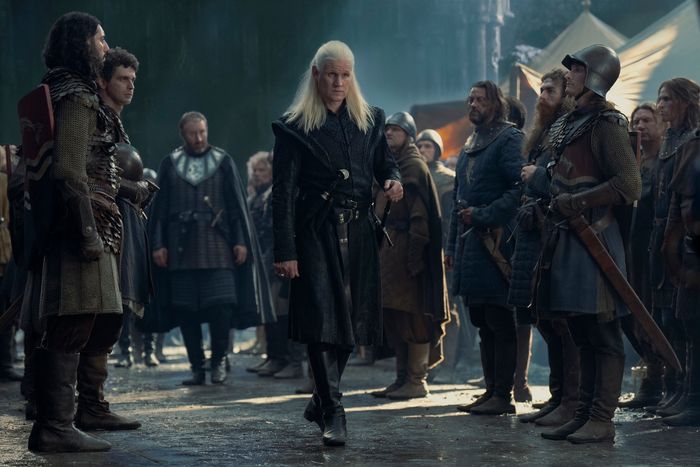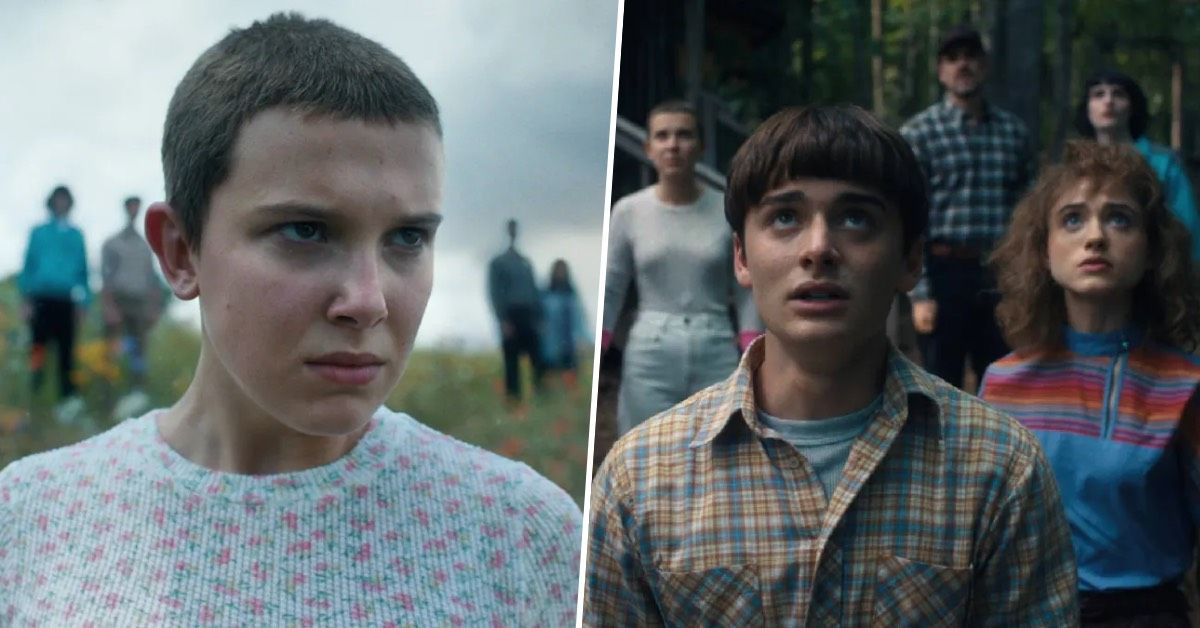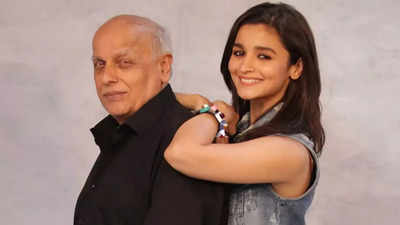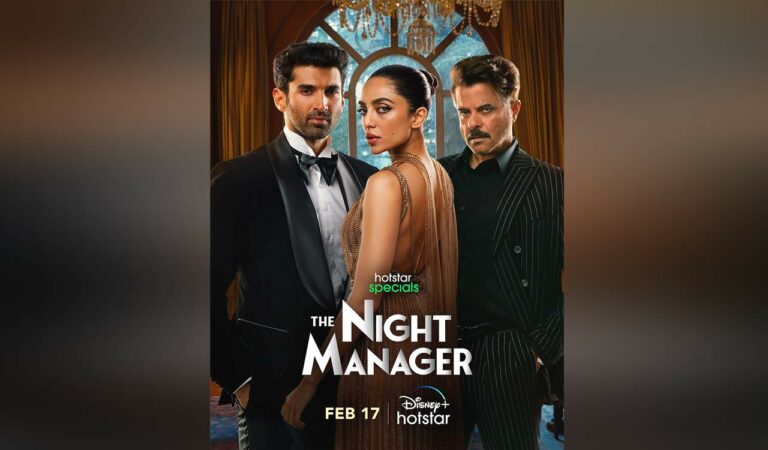Spoilers for House of the Dragon season-two finale “The Queen Who Ever Was” below. House of the Dragon ’s second-season finale ends with a whimper rather than a bang. A few scenes do feel worthy of a tentpole HBO Sunday night show, though they’d be more at home as midseason development than blockbuster finale fodder.
There’s Alicent and Rhaenyra, of course, reminding us that this show does have a central relationship we care about. We got Criston doing his best Hamlet impression. There was Ulf with his feet on the dinner table, enjoying his recent elevation to functional godhood.

To a truly unfortunate extent, though, the end of season two feels like that awful sensation when you really need to sneeze but for some reason you just ...
don’t. There’s so much build-up, so many characters insisting that all of this really matters! Doom and death awaits! And then it ends with a shrug of a montage, before Rhaena even has a chance to get on the back of her new dragon. Season two was produced in the middle of the writers’ strike, which may have something to do with why it feels so underbaked.
It was cut to eight episodes rather than the original planned ten; reporting at the time suggested this was about how best to tell the story rather than how best to cut costs. Now that we’ve seen what that story actually looks like, though, it doesn’t not seem like the show cut short right before its big, expensive, two-episode closing hurrah. But underneath all of that, House of the Dragon has a more fundamental issue driving its meandering aimlessness this season.
It cannot let go of Game of Thrones . Despite being set 200 years in the past, it is obsessed with re-litigating the ties between these Targaryens and those Targaryens. In stretches when it allows itself to forget about the fact that winter is coming, the show can operate on its own terms, allowing the stakes to play out in immediately impactful ways.
But inevitably someone will then turn around and say, “by the way, have you heard of the Song of Ice and Fire?” And it all goes to shit. This has always been a problem for House of the Dragon , but the season-two finale is the best (read: most egregious) example of the issue to date, raising questions that really should be answered by now, such as: . There are two moments of prophecy in the season-two finale.
First, Alys Rivers leads Daemon out into Harrenhal’s creepy courtyard and asks him if he’s ready, then shows him a vision of all the reasons why he needs to bend the knee to Rhaenyra rather than strike out with an army of his own. The vision has nothing to do with his present situation or any of the people actually on this show. It’s just a slideshow of things that will happen 200 years in the future, on a show the entire House of the Dragon audience has already seen.
There’s a glimpse of the White Walkers, and another of Daenerys sitting in the desert with her baby dragons, and the takeaway here is meant to be that what Daemon does matters for the future of the realm. The result is the exact opposite. The only thing the prophecy communicates here is that none of this matters, because everyone’s trying to ensure a future that’s already been written.
The second prophecy comes later, when Helaena tells Aemond he’s screwed and there’s nothing he can do about it. This, at least, has the benefit of framing Aemond as the tragically doomed sociopath we all know him to be, but again, in a universe where the outcome has already been decided, prophecy does little except tell the audience that some characters are right and some are wrong. Rhaenyra’s actions are justified because she needs to be on the throne, according to the prophecy as she was told it! Daemon’s ambitions mean nothing, because actually what’s important is this future story! All the stakes have been displaced onto this thing no one in this show will ever live to see.
. Daemon has spent several episodes (and some completely unknowable amount of in-world time) messing around at Harrenhal and taking whatever hallucinogens Alys Rivers slips into his tea. All the while, he’s grown more ambitious, more paranoid, more focused on all the stuff we knew Daemon was from the earliest episodes of this show.
He’s a vicious, egotistical man who deeply resents his dead brother and has never felt appreciated. What this finale then asks us to believe is that Daemon sees a vision of his Targaryen descendants two centuries from now, worries about them, and immediately casts aside all the stuff that’s driven him his entire life. All of his sexual hangups, his years of frustration, his inner turmoil over playing second fiddle to Rhaenyra, his grief, his striving.
None of that matters! He never wonders if perhaps the prophecy could be interpreted in a different way (a classic move in prophecy-based texts). He never considers saying, “fuck it, that’s someone else’s problem.” He immediately consigns the work of his whole lifespan to the service of a distant possible outcome he and his children will never live to see.
It’s very noble! It’s unlike every single thing we’ve ever been told about him! The same is true for everyone in this series who’s been whispered the Song of Ice and Fire and suddenly decides to dedicate themselves to saving the world. Rhaenyra hears it and takes it upon herself to be the chosen one. Alicent learns about it and reconsiders her whole obsession with the throne.
Alys Rivers is over here in Harrenhal ignoring the literal armies massing in her front yard and the bloody internecine warfare happening between all the riverland families because she’s too busy telling Daemon about another war that will happen in two centuries. Not to get all political here, but everyone on earth in 2024 knows what it’s like to be told that our actions are important to protect the future. Do we really believe these grasping incestuous self-absorbed half-gods heard about one guy’s dream and said, “oh shit! This changes everything!”? .
House of the Dragon , like Game of Thrones , is at its best when it’s mostly about venality and the human capacity for self-sabotage — the same things that drive all the great family tragedies. Team Black and Team Green are equally caught up in their sense of grievance and loss, and in their efforts to get justice, all they do is cause more mayhem and unnecessary pain. The futility is the point.
When there are noble characters, we get to celebrate them because they’ve somehow found goodness deep inside themselves despite all the pressure to behave like monsters. But when everything’s couched in prophecy, all that heartbreak and nobility evaporates. Sure, that’s still the superficial explanation for why they all fight, but the show’s inner mythology has a big right-versus-wrong ledger everyone is checked against.
Aemond’s bad because he sucks, but also he’s on the wrong side of history. Rhaenyra hates to contemplate all the damage she causes, but it’s not a real struggle because we know she’s right based on the prophecy! Helaena good (prophecy), Alicent bad and then good (didn’t know the prophecy and then did), same thing goes for Daemon, and Aegon’s whole deal is still undecided. The story has flip-flopped — the people at the center are boring, and it’s only underlings on the margins like Mysaria , Criston, and Larys, who know nothing about the future (or don’t care) and manage to retain some self-motivated insight and internal complexity.
. This is as much a prequel problem as it is a prophecy problem, but the two things are very much related. Because House of the Dragon is working from a source text, which is itself a deliberately sketchy precursor to a different foundational story, all the eventual outcomes have been decided and every calamitous step on that road is already laid out.
As a result, very little of House of the Dragon is about what’s going to happen. It’s almost entirely a question of when. How long do they want to spend on Alicent and Rhaneyra’s childhoods? When will Viserys finally die? At what point do we get the Dragonseeds? When does Sheepstealer show up? It can be very satisfying to know generally what’s coming and then watch it play out in an exciting way, but especially in season two, House of the Dragon has developed a coy relationship with its own plot development.
Instead of giving the people what they want, what they know full well is coming, its primary method of dodging the prequel problem is waiting around and letting nothing happen. Occasionally that leads to some glorious off-book moments, like Criston doing Shakespearean tragedy soliloquies, or the scenes where Alicent and Rhaenyra actually have it out. But more often than not, it just feels like an interminable delay.
. You know when this show is good? When the dragons are onscreen. The noises! The burning.
The fighting styles, the sense of terror and awe, the big sweeping vistas as they go soaring over the city walls. You know what you get less of when you’re too focused on what will happen 200 years from now? You get fewer dragons . If House of the Dragon season three can get over Game of Thrones and learn to live in the now, there’s still room for it to become a worthy successor.
But in season two, it cannot escape its own prophetic future, and in the process, it can’t stop reminding us about this other really great show that once dominated the TV conversation. Its constant connections to Game of Thrones are designed to lift House of the Dragon into exalted territory, to make it a vital part of that story. But those perpetual reminders have the reverse effect, turning House of the Dragon into a show that can’t stand on its own.
It will always be a prequel, but if it paid less attention to all the ways it’s hemmed in by other stories, it could figure out how to be the king of infinite space even though it’s always going to be bounded in a nutshell. So far, though, it too can’t stop thinking about its bad future dreams..



















